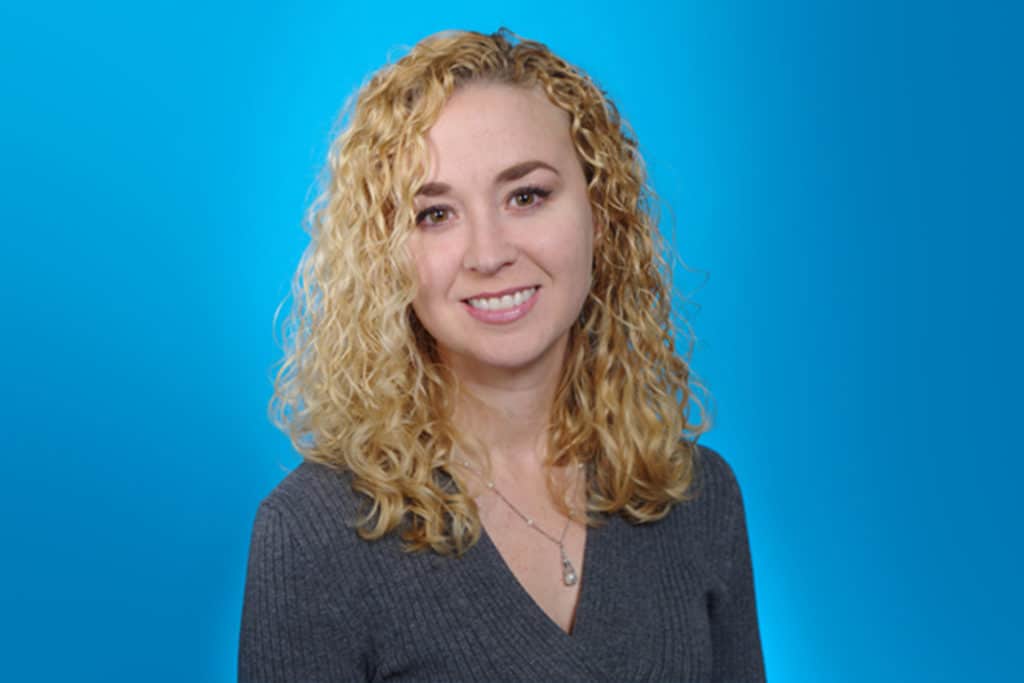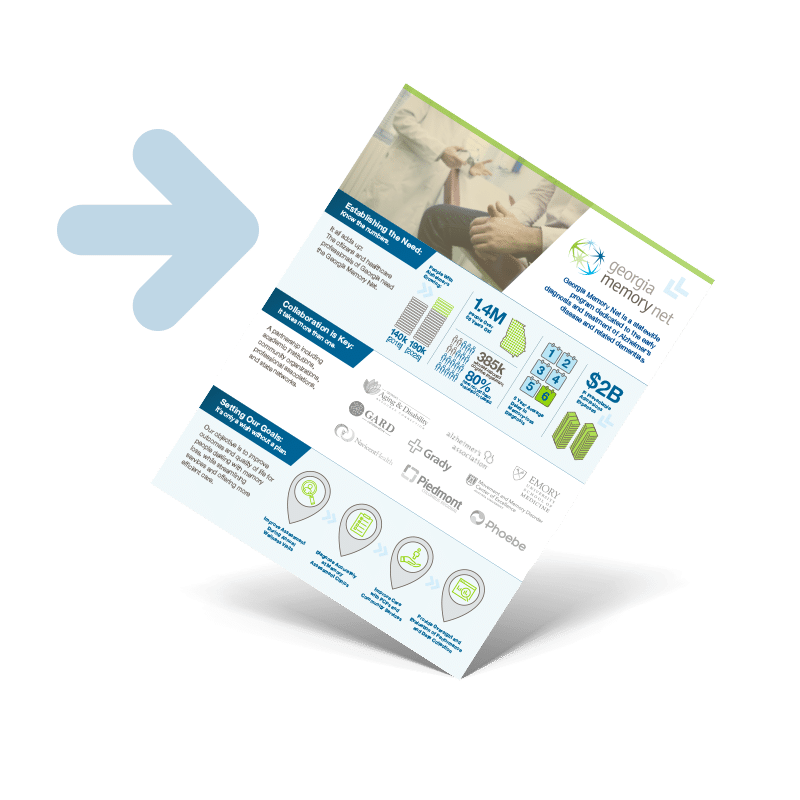Social Worker and Policy Maker in Geriatric and Dementia Care Explains Why Whole Person, and Whole Family, Care is so Important

Dr. Lindsay Prizer is a public health researcher and clinically-licensed social worker with a background in neurology. During her career working with patients suffering from Alzheimer’s and other types of dementia, she has developed a unique understanding of how important it is to treat the whole patient and what they are experiencing in life and not just their immediate symptoms.
“I’m a clinical social worker by training and that makes me an advocate for addressing the needs of the entire person,” stated Dr. Prizer. “We need to move beyond just treating the physical symptoms and look at the mental, emotional, financial and familial challenges that these patients are facing. There are so many factors beyond the prescription that we really need to deal with. Take the prescription itself for example: Can the patient and their family afford what is needed? Do they really understand what this medication can and cannot do, and the importance of sticking to the medication schedule?’
Dr. Prizer feels that many physicians do try to take this whole-person approach, but that our current medical system does not support the resources they really need to do this, either from a time perspective or for the ability of a regular primary care physicians to have a full-time social worker on-staff. “The best way to receive comprehensive care, including social services, for a patient suffering with dementia is through Area Agencies on Aging and private foundations such as the Alzheimer’s Association, or Rosalynn Carter Institute for Caregiving,” she added. “The problem is that many physicians are not aware of just how much support is available for patients and families. This is why Georgia Memory Net is proving to be so valuable in connecting patients with these resources.”
Georgia Memory Net is a change agent for treating Alzheimer’s and Dementia
Georgia Memory Net is a state-wide initiative to provide better care to the 385,000 people living in Georgia that have a self-reported cognitive impairment. Services include screening and diagnosis, the development of a treatment plan that can assist the primary care physician in providing care, and through a Community Services Educator, connections to resources in the state to support both the patient and their family in dealing with the multi-faceted issues that will face them during the journey ahead.
“One of the big things that Georgia Memory Net does is it provides that connection between primary care physicians and these local resources that can help treat patients more holistically,” shared Dr. Prizer. “Patients might have a financial need, a social need or a mental health need that that needs to be addressed on top of treating the cognitive condition. By helping patients and families build relationships with these local programs, I think it can have an impact beyond just treating memory issues.”
“Georgia Memory Net can help someone plan for long-term care,” she continued. “But we’re not just talking about financial preparations. “We’re talking about teaching care partners how to manage certain symptoms and behaviors at home. It’s the key to helping family members avoid burnout and be able to keep a loved one with them at home longer. What people may not realize is that with Alzheimer’s and other dementias, you can have someone who appears physically robust, but the condition they suffer from impacts cognitively how they interact with the world around them. When we provide people access to the social support they need to learn and understand how to deal with this, we’re improving their own health and well-being as well as improving care for the patient.”
“I have yet to meet a fully functional family, my own family included,” admitted Dr. Prizer. “Any issue that you have in a family relationship that has not been properly addressed is probably going to come up under pressure and nothing turns on pressure like a chronic disease. At those times, it’s really important to help manage communication and expectations and really how people are working together in order to prevent issues over the long-term. Georgia Memory Net can connect people with the resources to try and get ahead of those issues and that’s how we can keep a dementia patient connected with their family longer.”
Lindsay Prizer, Assistant Professor of Medicine, Emory University; PCP Core Lead, GA Memory Net; and Executive Dir, GA POLST Collaborative
Lindsay Prizer has a PhD in Public Health and is clinically licensed as a Social Worker with an emphasis on medical social work. She specializes in work with and treatment of older adults and is focused on public health issues such as end of life, advance care planning, health literacy, health communication/promotion, and chronic disease management relating to older adults.
Dr. Prizer led the development and implementation of the ParkNC Program, a comprehensive referral network of experts for individuals with Parkinson’s disease. She has collaborated with UNC Chapel Hill and with the National Alzheimer’s Association and was one of the authors for the Association’s 2018 dementia care practice recommendations. Dr. Prizer led a statewide CMS-funded project to educate healthcare professionals and Medicare beneficiaries on advance care planning in the State of Georgia and she contributed to the Georgia Physician Orders for Life Sustaining Treatment (POLST) document.
Current and past experience includes:
- Executive Director for the Georgia POLST Collaborative
- Assistant Professor of Medicine for the Emory University School of Medicine
- Fellow in Advanced Geriatrics for the Atlanta VA Medical Center
- Advisory Board Member for Atlanta Regional Geriatric Education Center
Member of the Committee on Leadership in Aging for the Social Work Leadership Institute with the New York Academy of Medicine
Georgia Memory Net at a Glance
What is Georgia Memory Net and why does it exist? There’s so much information about Alzheimer’s and related dementias in Georgia, and how to diagnose and treat them, that it can become overwhelming. We’ve done our best to simplify the info into a clear one-page infographic.

